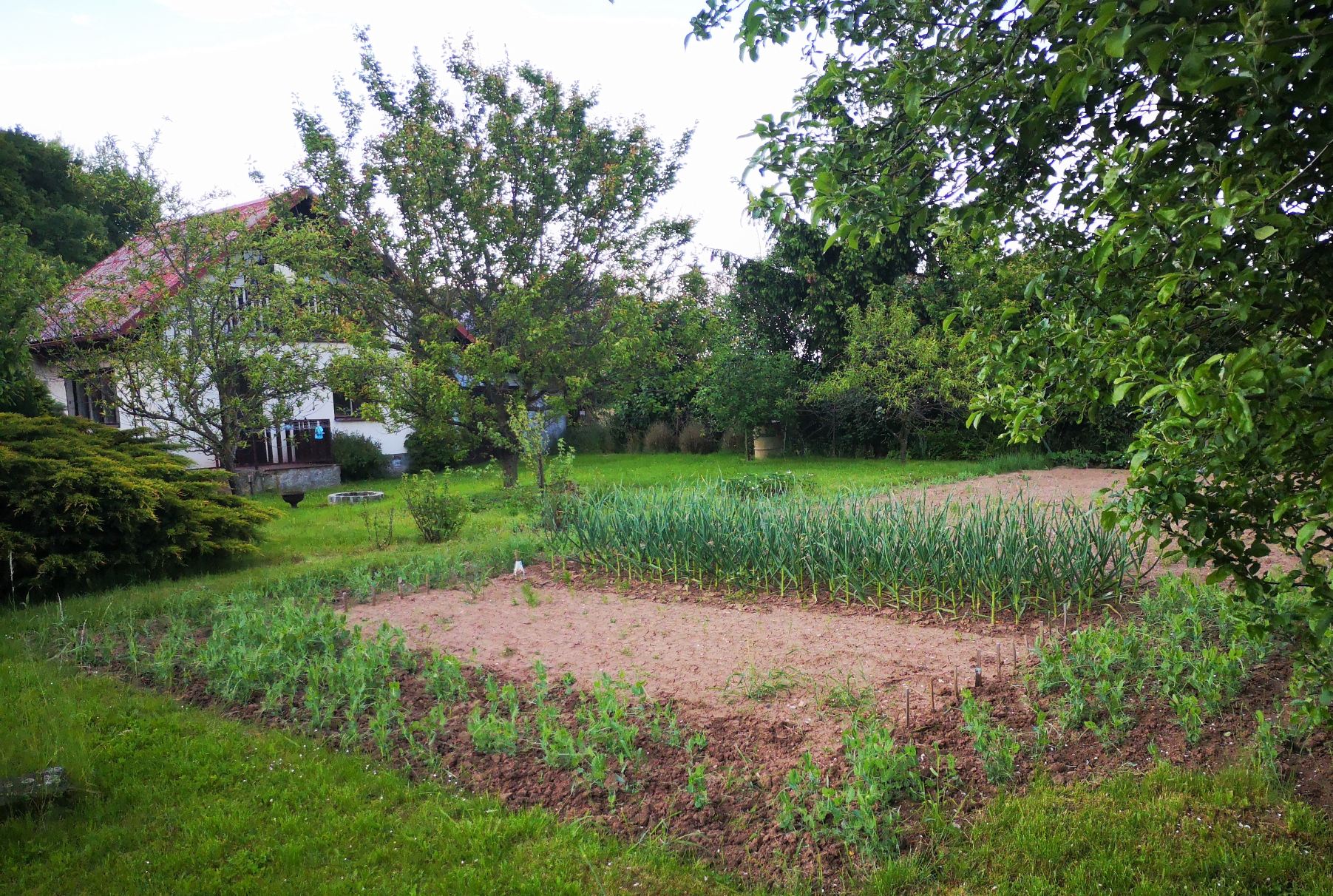
Home gardening in the semi-periphery: beyond hardship and joy
Home gardening in the semi-periphery: beyond hardship and joy
Wed Aug 18 11:21:30 CEST 2021

Petr Jehlička is a co-author of a new study in the Geoforum journal.
Drawing on recent empirical research in Croatia and Czechia, this Geoforum article by Petr Jehlička, Branko Ančić, Petr Daněk and Mladen Domazet counters the purely economistic framings of food self-provisioning (FSP) advanced in reports and articles based on the European Quality of Life Surveys. Any future analyses of FSP should be complemented by analyses of people’s direct motivations for FSP. This is important because an activity that is framed as desirable and enjoyable and associated with positive connotations can be more effectively promoted as a model of sustainable behaviour than one that is represented as resulting from economic necessity.
The article can be accessed (open access until 28 September 2021) following this link: https://authors.elsevier.com/c/1dYVi3pILWMQd
Title: Beyond hardship and joy: framing home gardening on insights from the European semi-periphery
Authors: Petr Jehlička, Branko Ančić, Petr Daněk and Mladen Domazet
Journal: Geoforum
Abstract:
European accounts of home gardening or food self-provisioning (FSP) typically frame these practices as primarily economically motivated and need related, and community gardening or urban agriculture as ethical sustainability strategies. Drawing on primary research on FSP in two East European countries, this paper combines analysis of socio-demographic and socio-economic characteristics of food self-provisioners with analysis of their motivations. There is strong evidence that while economic reasons are present FSP is primarily motivated, even in comparatively less affluent East European societies, by the desire to obtain fresh and healthy food and engage in a pleasurable activity. Based on our findings, we thus propose that a more appropriate framing for FSP in the European East and West alike is characterised by autonomy and community care. This would provide for a reengagement with the epistemology of sustainability-compliant behaviours and attitudes beyond the joy vs. limitations dichotomy. Given the performativity of social scientific research, rooting the framing on knowledge from East European societies, where FSP is widespread in all social groups, including the affluent middle class, is important for lending credence to alternative visions and practices that can enhance the sustainability of overdeveloped societies.

